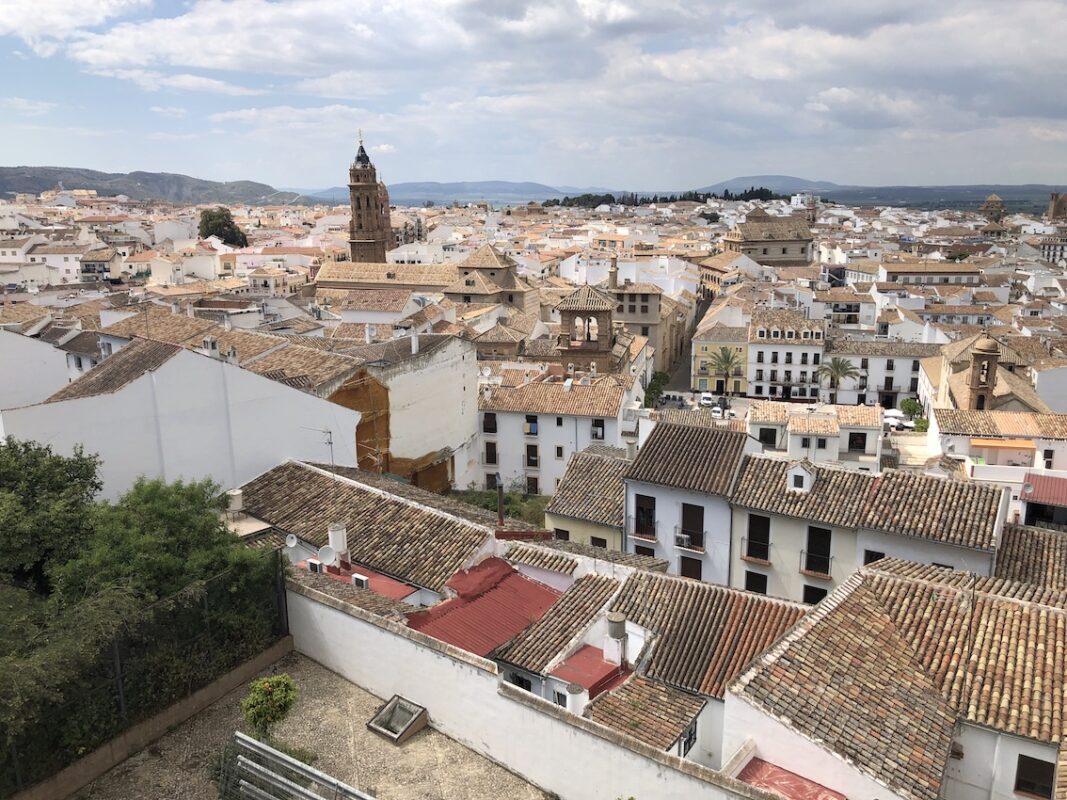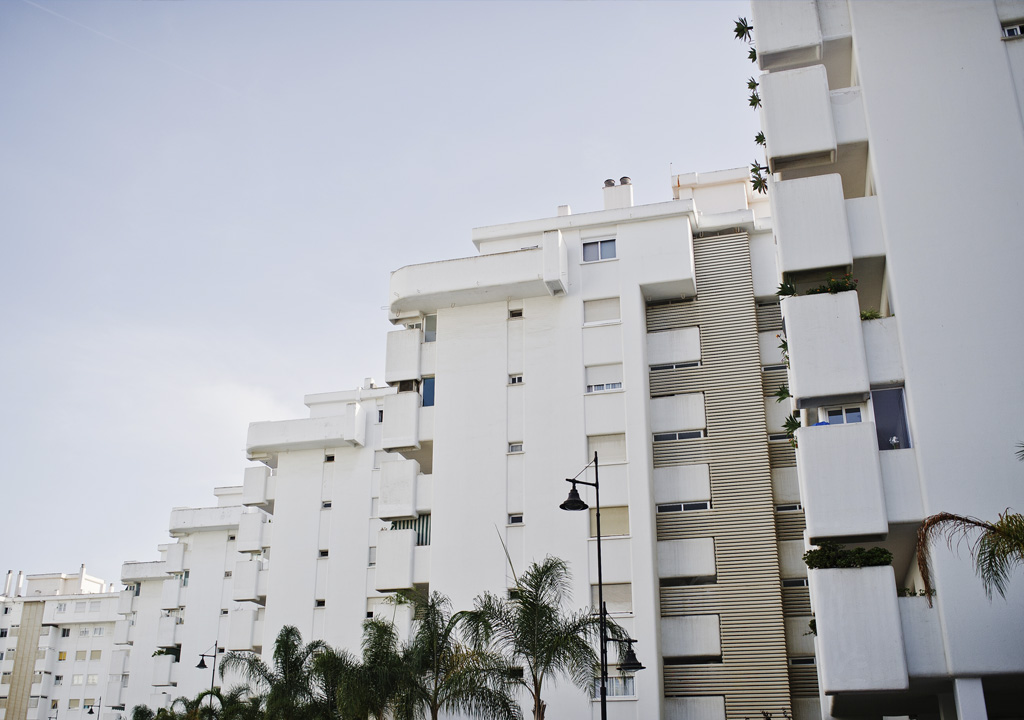The different types of court in Spain

If you’re planning on moving to Spain, buying property here, or even just spending more time in the country, getting to know how the Spanish legal system works can help you feel more at ease and make things clearer if you’re used to a different system back home.
Like many things in Spain, the court system is a bit different to what you might be used to in the UK or US. It’s made up of several courts, each with a different role depending on the type of legal issue involved. Don’t worry if it all sounds a bit confusing – we’re here to break it down in a way that’s clear and easy to understand so you know who does what and when you might need to get legal support.
The Supreme Court (Tribunal Supremo)
The Supreme Court is the highest judicial authority in Spain, and it’s located in the capital, Madrid. Think of it like the Spanish equivalent of the UK’s Supreme Court or the US Supreme Court – the final word in legal matters. The court is divided into five specialised chambers, each focusing on a different area: civil law, criminal law, social/employment law, contentious administrative law (related to public bodies), and military law.
These judges typically deal with appeals, reviewing decisions made by lower courts and ruling on whether the law has been correctly interpreted. It also handles high-profile cases involving senior politicians and government officials. For most people living or investing in Spain are unlikely to deal directly with the Supreme Court – but knowing it’s there helps illustrate just how structured and layered the Spanish legal system really is.
The National Court (Audiencia Nacional)
The National Court is another major court located in Madrid, but it focuses specifically on large-scale, complex cases that have a national or international impact. These include terrorism, drug trafficking, money laundering, organised crime, and major corporate or political corruption cases.
In addition to criminal matters, this court also oversees extradition processes – in other words, if someone is wanted by authorities in another country, the National Court decides whether Spain should send them back. The court plays a crucial role in determining matters of international cooperation and serious criminal law. Most everyday legal issues won’t involve the National Court, but for more serious or complex problems, especially ones that cross regional or national borders, this is where they’ll likely be heard. For foreign residents in Spain, this is also one of the main courts that handles international legal requests, including some cases that affect non-EU nationals.
The Central Instruction Courts (Juzgados Centrales de Instrucción)
These courts are a bit different from the others because they don’t actually deliver final verdicts. Instead, they act as investigative bodies for particularly serious crimes, especially ones that fall under the jurisdiction of the National Court.
In other words, if a terrorism or major fraud case is being investigated, these courts are the first port of call. Their role is to examine evidence, interview witnesses, order expert reports, and decide whether there’s enough proof to bring a case to trial. If there is, they hand the case over to the appropriate criminal court to continue proceedings.
The Central Criminal Court (Juzgados Centrales de lo Penal)
The Central Criminal Court works closely with the National Court and deals with serious criminal offences, but not quite at the highest level. Specifically, it handles cases where the potential sentence is less than five years in prison. So, while the crimes heard here are still significant, they don’t reach the threshold for the National Court itself. This court also plays a key role in processing European Arrest Warrants, making it relevant in cross-border legal matters involving EU countries. For foreign nationals or residents in Spain, this court could become relevant if there are legal issues involving other countries, especially within the EU. While these situations are relatively rare for most people, it’s good to know where certain criminal cases are handled, and what kind of structure exists to deal with international legal matters when they do arise.
Provincial Courts (Audiencias Provinciales)
Each of Spain’s 50 provinces has its own Provincial Court, which serves as the main venue for serious criminal and civil cases within that province. These courts handle a wide variety of legal matters, including anything from significant financial disputes and serious property disagreements to criminal cases where the punishment might be more than five years in prison.
As well as handling new cases, these courts also serve as appeal courts for decisions made in the lower courts, so if you or someone involved in a case wants to challenge a verdict, the Provincial Court is where it would go next. For many expats living in Spain, especially those buying property or settling legal disputes locally, this is one of the most relevant levels of the court system. It’s more accessible than the national courts and often plays a central role in resolving real-world legal matters.
Courts for Gender-Based Violence (Juzgados de Violencia contra la Mujer)
Spain takes domestic violence and gender-based violence extremely seriously, and as a result, it has established specialist courts to deal with these issues. These courts exist across the country, one for each province, and they handle both criminal complaints and any civil matters that might be connected, such as divorce, child custody, or protection orders. These courts are specifically designed to address the sensitive nature of these cases with trained professionals and dedicated judges.
A few things to keep in mind about the Spanish legal system
Even if you never expect to find yourself in court, it can make a real difference to have a solid understanding of the Spanish legal system – especially if you’re investing in property, running a business, or living in Spain as a foreign national, because you never know when it may come in handy.
Spanish law operates quite differently from the systems in the UK and the US, and without the proper guidance, it’s easy to get overwhelmed, make mistakes and end up in trouble without even knowing you’re breaking the law.
That’s where we come in. At Gascon Bernabeu, we specialise in helping English-speaking clients feel confident in their legal dealings here in Spain. Whether you’re facing a legal issue or just want peace of mind that your rights are protected, we can help you understand how Spain’s court and legal system work and how to navigate them.
If you’d like to speak to a member of our expert team, you can reach out to us via email at info@gbabogados.co.uk, via the contact form here on our website or give us a call at +44 (0)20 3137 1320 and book a no-obligation consultation with one of our experts. We’re here to help.











